The main differences between recruitment marketing and employer branding. What strategies to adopt.

They are often lumped together and confused as one, but recruitment marketing and employer branding are actually two different sides of the same coin. In fact, both disciplines have the role of making the brand more interesting in the eyes of job seekers.
But what are the main differences and how do they interact with each other? To better understand what we are talking about, it is necessary to start from the definitions.
The meaning of employer branding
Employer branding is the process of defining and maintaining a positive image of a company as a potential employer. Therefore it is closely related to how the company is perceived by current and potential employees. Obviously, a better perception of the company as a workplace also contributes to improving the positioning of the brand in the market.
Richard Branson himself, founder of Virgin, tried to explain the strategic importance of employer branding by declaring: " Customers don't come first. It's the employees who come first. If you take care of your employees, they will take care of your customers ".
The main components of employer branding
At the basis of employer branding there are some steps to consider which are fundamental for an ideal positioning strategy of the brand in the world of work:
- the definition of the Employer Brand of the company in which the mission, vision and value proposition are expressed.
- the definition of the Employee Value Proposition with the benefits and bonuses for its employees.
- the definition of the Candidate Persona , i.e. the representation of your ideal candidate.
- the definition of corporate culture .
- company reputation management.
McKinsey & Co., a lesson to follow in employer branding
One of the most interesting case histories is represented by McKinsey & Co. , the most famous brand in the world in management consultancy which, in 2020, had 30,000 employees. Its employee value proposition has always been clear: those who leave McKinsey & Co. can work anywhere . A promise kept if we consider that, in 2000, 70 former employees of the company were among the CEOs of companies in the Fortune 500.
But what differentiates McKinsey & Co. from other players? The constant effort to strengthen the history and identity of the company to encourage the inclusion of talent among its employees.
Meanwhile, the company strives daily to create a work environment that is open to issues of inclusion and equity, so much so that it has over 140 citizenships represented in its offices in 65 countries and has invested $20 million in research on the.
Why implementing an Employer Branding strategy is important
Organizations around the world are investing in their Employer Brand more than ever. Since people are the most important component of any organization's success, it is common for employers to be doing everything in their power to attract new talent to their workplaces .
But let's look at some specific statistics that show the power of having a strong Employer Branding strategy, as well as the ROI of investing in Employer Branding businesses .
1. More high quality job applicants
There is a lot of existing research showing that organizations with strong employer brands attract more talent to their organizations .
Here are just a few:
- 9 out of 10 candidates would apply for a job when it comes from an actively managed Employer Brand (Workable).
- When making a decision about where to apply for a job, 84% of job seekers say a company's reputation as an employer is important. ( Talent Now )
- 80% of talent acquisition managers believe that employer branding has a significant impact on the ability to hire great talent. ( LinkedIn )
- LinkedIn also found that companies with strong employer brands see 50% more qualified candidates
2. Lower turnover rates
As seen earlier, companies that invest in various Employer Branding strategies are better at attracting talent that fits their organization's core corporate values, mission, and vision. As a result, employee turnover can be reduced by 28% in such organizations.
3. Lower expenses
As strong employer brands attract more candidates, organizations that invest in their reputation also experience lower hiring costs.
Additionally, a bad reputation costs companies at least 10% more per hire .
4. More loyal customers
E,ployer brand and candidate experience can have a significant impact on customer acquisition and retention.
Candidates with little experience during the selection processes tend to stop buying the organization's products and services. According to CareerArc , 64% of consumers stopped buying a brand after hearing news of that company's poor treatment of employees.
5. Faster growth
People are the greatest asset an organization can have. Because employers with strong reputations are more likely to hire top-notch talent, they're also growing faster.
According to LinkedIn research, companies on LinkedIn with a strong Talent Brand Index (TBI) have grown 20% faster than their counterparts with weaker talent brands.
6. Diversity and inclusion
Organizations that have a clear Employer Branding strategy are much better at attracting diverse talent to their organizations and strengthening their diversity and inclusion initiatives .
Employer branding channels such as social media provide a great opportunity for employers to showcase their corporate and social responsibility and create more diverse workplaces.
How to build a successful Employer Branding strategy
Planning, building, implementing and managing a successful talent acquisition strategy is not an easy job. Additionally, with the rise of various Employer Branding channels, many organizations now have a designated EB team .
There are no quick wins in employer branding. This is because, employer branding is something that an organization has to manage all the time.
Let's now look at the steps to take to build the most successful Employer Branding strategy.
1. Define your EVP
The Employee Value Proposition is what your organization stands for. It is the representation of your company's core values , mission, vision and culture . It's what differentiates you from your competitors and what ultimately attracts talent to your company.
However, only 61% of companies have well-developed EVPs, and 44% of all CEOs don't even know their company uses EVP.
When setting the EVP, it's important to stay realistic. Many organizations tend to make their value proposition seem very attractive to talent when in reality it is not so brilliant. As a result, these organizations experience low employee retention and high turnover rates.
This is why the saying "Employer brand starts from within" is so popular. If you want to attract new talent to your organization, the prerequisite is to make your company a better place to work.
2. Understand TA challenges and future needs
When building an Employer Branding strategy, it's important to understand current recruiting and hiring challenges. Additionally, you need to understand your current and future hiring needs to get the most out of your Employer Branding initiatives.
For example, if you know that attracting AI talent is your biggest challenge, it makes sense that your EB efforts focus on these talents.
3. Define goals and objectives
In order to support employer branding and measure the impact of EB, setting clear goals is a crucial part of any employer branding strategy.
Some of the more common Employer Branding goals include:
- Increase the number of high quality candidates
- Increase traffic to your job site
- Increase engagement on EB-related social media posts
- Reduce hiring times and costs
- Increase employee engagement with Employer Branding initiatives
- Increase the number of references and job referrals
- Improve the candidate experience and NPS
- Improve the acceptance rate of the offer
- Reduce application abandonment rate
- Increase Glassdoor ratings
4. Define your Candidate Personas
To make Employer Branding campaigns more personalized and efficient, it's important to define and understand your candidate personas . Candidate persona is the visual representation of your ideal candidates for the job. To define candidate personas, the best thing is to start with your employees and answer questions such as :
- What generation do they belong to?
- What is important to them when it comes to their career? Is it the pay, growth and development, company culture, interesting projects, job flexibility, work environment or something else?
- Where do they look for job vacancies?
- What kind of content about employers do they find useful?
- Do they spend time on social media?
- Am I looking for active or passive employment?
Once you have the answers to these questions, it's much easier to define what type of EB content should be created and through which channels that content should be promoted.
5. Optimize your Employer Branding channels
There are several channels that organizations use to promote their Employer Branding and get in front of their candidates.
According to LinkedIn, the top three channels organizations plan to extend their employer brand are company websites (69%) , online professional networks (61%) and social media (47%) .
Therefore, it is imperative that organizations define and optimize the Employer Branding channels that their candidates use to research potential future employers.
6. Involve your employees
The most effective Employer Branding initiatives are the ones that showcase your employees. According to LinkedIn , companies whose employees share their brand's social content see an increase in the views their job postings receive .
Engaging employees in your EB campaigns is crucial because employees have great power to build trust in the workplace . If you can encourage employees to share their stories and become your Employer Brand Ambassadors, your external communications will be much more credible and attractive to job seekers.
Here are some examples of employee-generated content that candidates appreciate:
- "A day at my company" featuring stories about the nature of employee work and the company's working environment.
- “Why I applied and why I stay” stories about why employees decided to apply to this company and why they stay.
- “How working in my company is different” stories about how working in your organization is different from their previous work experience.
These stories can be shared on social media posts, stories, live sessions, career sites, YouTube videos, local media publishers, events and many other channels.
7. Engage the C-Suite
Leadership ownership and commitment to Employer Branding initiatives is very important. It is imperative that they support these initiatives and serve as role models for both employees and job applicants.
According to Glassdoor, 75% of US respondents believe that companies whose C-Suite executives and managers use social media to communicate their core mission, positive workplace culture , brand values and purpose are more reliable.
8. Ensure a positive candidate experience
Employer branding doesn't stop once a candidate applies. Candidate experience in the selection process is also an important element of employer branding .
According to Talent Adore, 78% of job applicants say the overall interview experience they get is an indicator of how well a company values its people. And those who have a negative experience no longer apply for that organization's vacancies.
Moreover, many of them also stop buying that company's products and services and even tell their friends to do the same.
9. Measure success and optimize based on insights
Measuring the impact of your EB initiatives is important to improve them in the future and get the greatest possible ROI . To measure the success of your Employer Branding campaigns and initiatives, you should refer to the defined objectives and do the before and after analysis.
However, even though 96% of companies believe employer brand and reputation can have a positive or negative impact on revenue, less than half ( 44% ) monitor that impact.
The role of employees in building a strong Employer Branding strategy
Human Resources, Recruiting and Talent Management departments are typically the ones responsible for developing Employer Branding strategies. They also often work collaboratively with the marketing and communications teams to ensure consistent communication between employees and customers.
However, it is important for organizations to understand that their employees are the most important ambassadors of the employer brand . According to the Edelman Trust Barometer , the employee's voice is 3 times more credible than the CEO's when it comes to talking about working conditions at that company.
Additionally, employees ranked #1 as the most trusted and influential source of company news and information, surpassing the company CEO, consumer activists and media spokesperson.
What is Recruitment Marketing?
Recruitment marketing is the promotion of a company's employer branding. Its ultimate goal is to attract, engage, hire and retain high-quality talent through the recruitment process.
In an increasingly saturated world of work and in which people know exactly what they want, companies implement marketing strategies to win the most valuable people to integrate into their staff. That's why recruiters have started thinking like marketers, trying to combine job postings with real brand strategies to encourage recruiting.
The main components of recruitment marketing
Unlike employer branding, recruitment marketing has the following key elements:
- Communicate with candidates by encouraging them to complete an application.
- Write clear and captivating job offers , perhaps thanks to the support of current employees who will be able to focus on the strengths of the company and the advantages of working for it.
- Create content that nurtures employer branding and builds candidate confidence.
The differences between employer branding and recruitment marketing
The first major difference between these two disciplines is purpose . In fact, employer branding serves to define the positioning of the company as an employer, while recruitment marketing is aimed at promoting it.
The second difference is in flexibility . Marketing evolves according to market needs, employer branding remains unchanged and firmly anchored in the company's value assets.
The third difference is interconnection . While not interchangeable, both are interconnected because one cannot do without the other.
In the current landscape where people are increasingly attentive to finding a job in which to achieve their goals without sacrificing quality of life, having a clear vision of what can be offered in terms of vision and mission is the only rule that can bring great talents closer to your company.
When you subscribe to the blog, we will send you an e-mail when there are new updates on the site so you wouldn't miss them.
By accepting you will be accessing a service provided by a third-party external to https://www.insightadv.it/



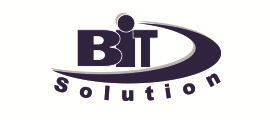
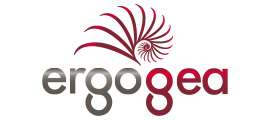

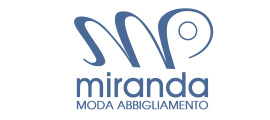
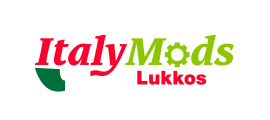
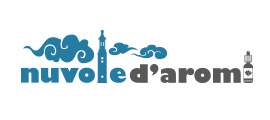
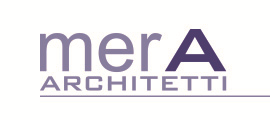
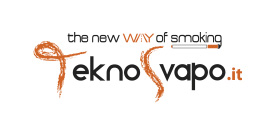
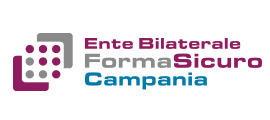
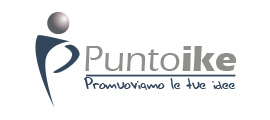
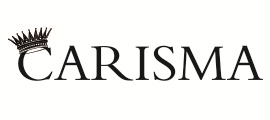
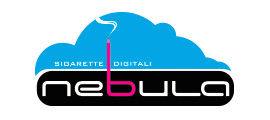
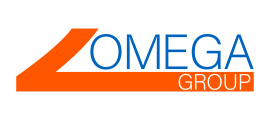
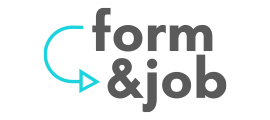

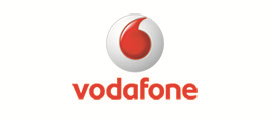
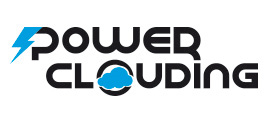

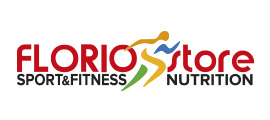
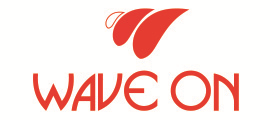
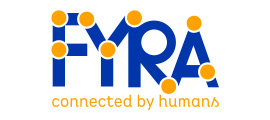
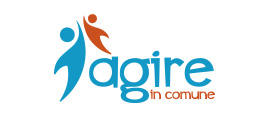
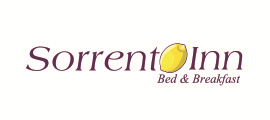

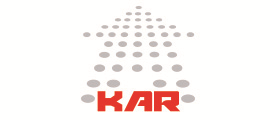

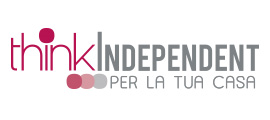

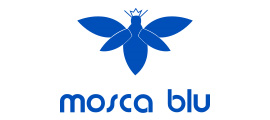
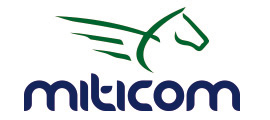
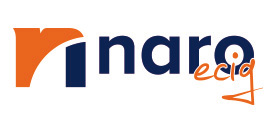
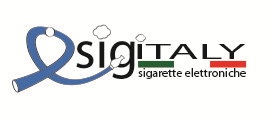
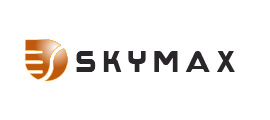
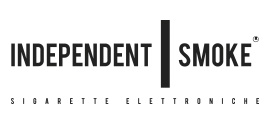


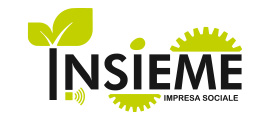
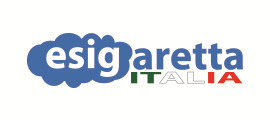
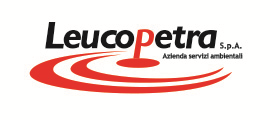
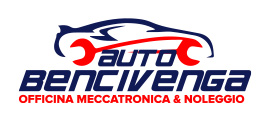
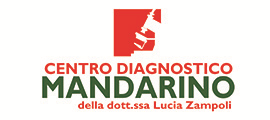
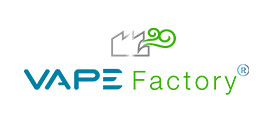

















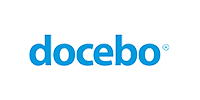



Comments